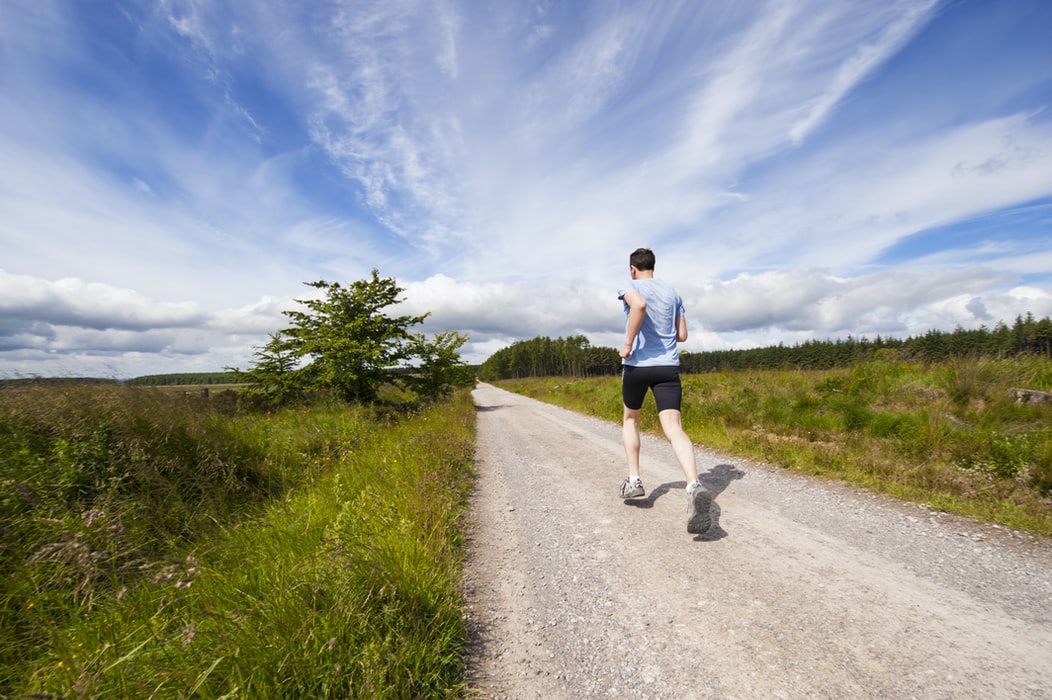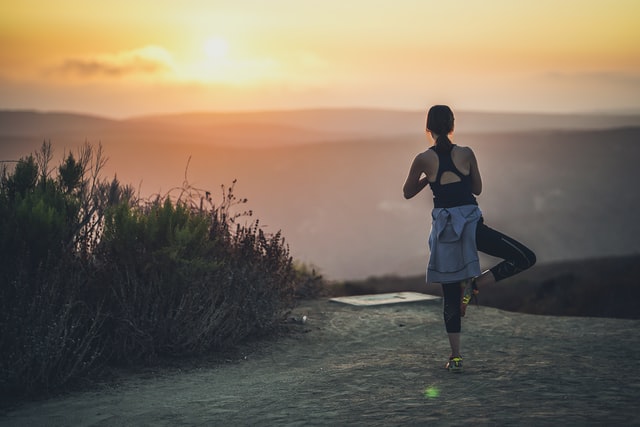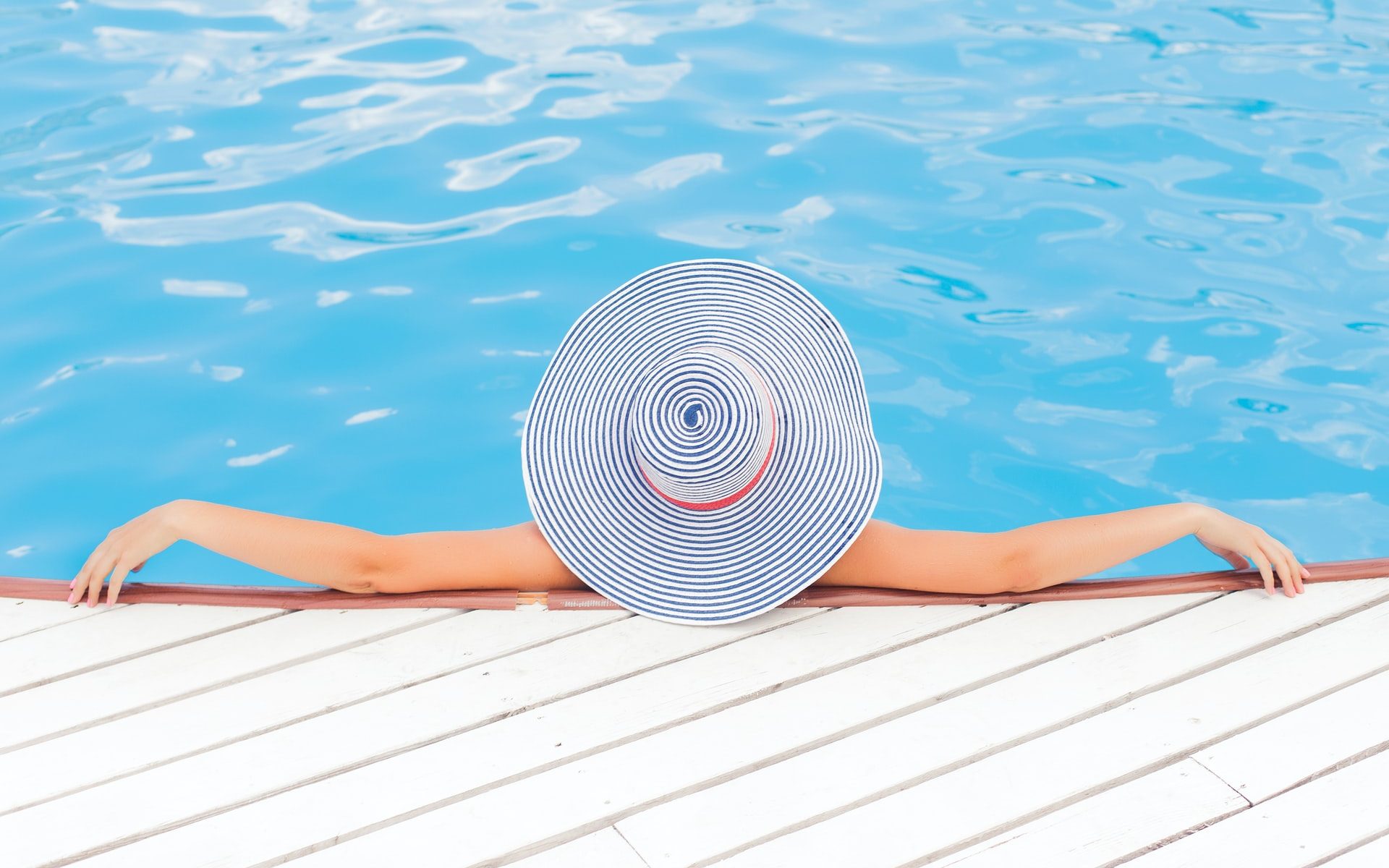Most people associate heart health with cardiovascular health. However, mental health, dietary habits, physical exercise, and a host of other life choices influence heart health. Those attempting to improve heart health should focus on improvements in these areas of their life and monitor progress accordingly. When doing so, three important metrics to monitor are cholesterol, pulse rate, and blood pressure.
Cholesterol
Cholesterol comes from two sources; the liver produces cholesterol naturally and the rest comes from fatty meats, oils, milk, etc. Maintaining healthy levels of cholesterol lowers the risk of heart disease and stroke.
Pulse Rate
Your pulse rate is a measurement of how many times your heart contracts and expands to pump blood over the course of a minute. It fluctuates with physical activities and stress levels so measuring your heart rate in the morning before you get out of bed can be a great way to measure your resting heart rate, which can be an indication of good heart health.
Blood Pressure
Blood pressure is the force exerted against the walls of the blood vessels. Hypertension, also known as high blood pressure, increases the risks of heart failures, stroke, and other conditions. On the other hand, blood pressure that is too low can indicate underlying health problems. Making sure you maintain a healthy blood pressure is important because blood pressure that is either too high or too low can indicated underlying health issues.
For more information, consult with your doctor to learn about how dietary choices, exercise, and stress management can improve your cardiovascular health.
Dr. Barbara Edwards (Princeton) is an internist practicing at Penn Medicine Princeton Health in the Penn Medicine Princeton Medical Center and also serves as Medical Director of the Bristol-Myers Squibb Community Health Center.






